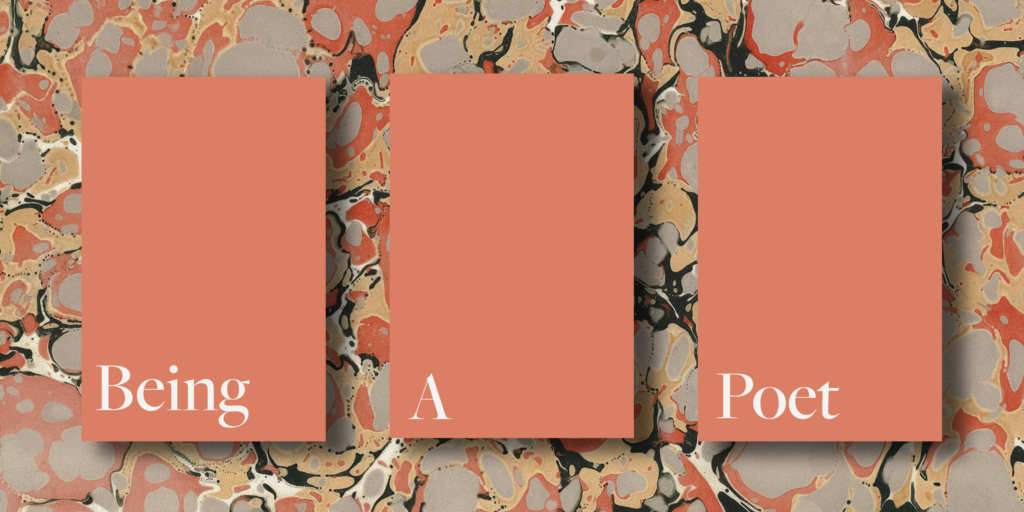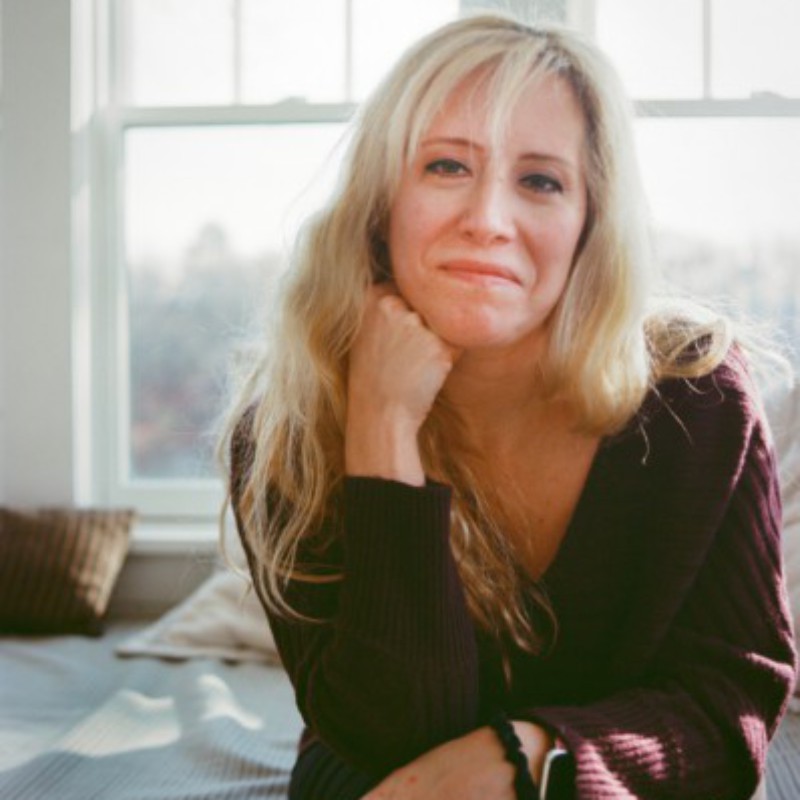In this series, we interview our tutors about poetry and its place in their world. These interviews will cover creative writing tips, excelling in a poetry workshop, building a literary career, and finding your poetic voice. Here’s Leah Umansky on how to improve your writing.

What habits or routines do you recommend for poets who want to continually improve their writing?
There are so many, and nothing I say will be anything you haven’t already heard, but I suggest journaling. Keep some kind of journal, whether it be one for the morning, when you wake up, or one for evening, before bed. I also have a small journal I always take when I go to any kind of talk, reading or museum. Some kind of note app on your phone is also a useful tool. Additionally, read! Read books, keep some nearby that you can dip into a little bit each day or night. Go to readings in person or on zoom – hear living poets! Community is so inspiring.
Another habit or routine is to make notes for yourself on post-its, or postcards. Post them on your laptop or wherever you write.
Additionally, listen to podcasts. Watch reels on YouTube. You just never know what will strike you. Some of my favourite poems I’ve written are poems I wrote after being inspired by a line of dialogue in a tv show or movie. Be brave.
Can you share a specific technique or exercise that has significantly improved your poetry/practice?
Being playful – letting go of form per se – trying to not judge my work, and just trusting my intuition. I think there are so many great exercises out there. If you’re someone that really enjoys a book of exercises, there’s the new Dorianne Laux one which is great, and so many others, but honestly, try to make up your own. When you read a poem you like, try to make your own prompt based off it.
How do you approach the redrafting process, and why is it crucial for improving your work?
I’m the wrong person to answer this question. Some people love the redrafting process. I hate it. I usually know when a poem is or isn’t working. I rarely revisit old poems. Some people thrive in the redrafting process and I find it really inspiring.
In what ways might reading widely and diversely contribute to a poet’s growth and improvement? What are some things you’ve read recently and loved (it doesn’t have to just be poetry).
See above. Reading is the key to being a writer and I mean reading ANYTHING. You never know what will change your perspective or give you an idea. I also think listening to podcasts are super inspiring and have motivated me to write many poems I possibly might not have written otherwise.
How do you balance finding your unique voice with experimentation and attempting new styles in your poetry?
I don’t know if I think it is a balance. I think the cliché is true: if you don’t try, you’ll never know. Again, I think trusting your intuition, giving yourself permission to play with your thoughts, is crucial. Some of my most ‘experimental’ poems, if you will, came when I turned off my brain and just wrote without thinking too much. I think listening to music helps too, it kind of distracts you in a good way. Sometimes, I listen to a song on repeat. Whatever works for you, go for it.
What advice would you give to poets who feel stuck or frustrated with their current level of writing and/or style?
I would say go to forms that use stolen lines like centos. I wrote an article on the cento, with an assignment, during lockdown days at the New York Times. When you use found language, it can change up your usual patterns. Another thing I’d say is go for a walk. I can’t believe I’m now that poet that speaks like this but, you never regret a walk, and I almost always find something that inspires me – an image, something I overhear, who knows!

Leah Umansky is the author of three collections of poetry, most recently, OF TYRANT (Word Works Books 2024.) She earned her MFA in Poetry at Sarah Lawrence College and has curated and hosted The COUPLET Reading Series in NYC since 2011. She is the creator of the STAY BRAVE Substack which encourages women-identifying creatives to inspire other women-identifying creatives to stay brave in their creative pursuits. Her creative work has been featured on PBS, and in such places as The New York Times, The Academy of American Poets’ Poem-A Day, USA Today, POETRY, Bennington Review, and American Poetry Review. She is an educator and writing coach who has taught workshops to all ages at such places as Poetry School London, Poets House, Hudson Valley Writers Center, Memorial Sloan Kettering and elsewhere. She is working on a fourth collection of poems ORDINARY SPLENDOR, on wonder, joy, and love. She can be found at www.leahumansky.com
Inspirational!